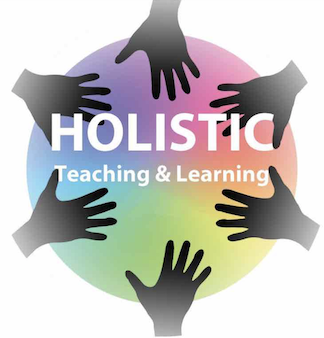Situating Suzuki music pedagogy's values in the literature
Keywords:
Holistic music pedagogy, Suzuki, whole childAbstract
The Suzuki or Talent Education approach has not been expressly described as a holistic pedagogy, yet its child-centered and progressive teaching philosophy (Eubanks, 2015), developed by the Japanese violin teacher Shinichi Suzuki (1898-1998) and applied worldwide (International Suzuki Association, 2021), has many of the hallmarks of holistic education, whereby the accent lies on “cultivating the moral, emotional, physical, psychological and spiritual dimensions of the developing child” (R. Miller, 2000, 1st para.). The embrace of the whole person and an interconnectedness between all elements of life and of being are among the main principles of a holistic framework (J. P. Miller, 1998, 2011; J. P. Miller et al., 2014; R. Miller, 1992). These are shared in the Suzuki approach, whose “emphasis throughout is on the development of the whole child” (International Suzuki Association, 2021, 4th para.). In addition, the concepts of happiness, love, and compassion, which form an important part of holistic education (J. P. Miller, 1981, 2012, 2018), similarly are very much present in the Suzuki philosophy (Hendricks, 2011, 2018; Suzuki, 1981).
While holistic music education is occasionally the focus of scholarly inquiry (Dutton, 2015; L. N. Gould, 2009; Lee, 2016; Smolen, 2000; Wright, 1996), and although a variety of music teaching methods are being applied in private studios and in schools (Adjepong, 2021; Hallam, 1998; Sarrazin, 2016), the traditional separatist conservatory approach remains the predominant standard for high-level instrumental music teaching and learning (Gaines, 2018; Knieter, 2000). Given such a reality, the holistic aspects undergirding the Suzuki pedagogy, which is known for producing highly capable musicians (Brathwaite, 1988; Niles, 2012), merit more attention. Through a literature review of Suzuki-related works, this article aims to illuminate the pedagogy’s values, demonstrating its holistic kinship.





